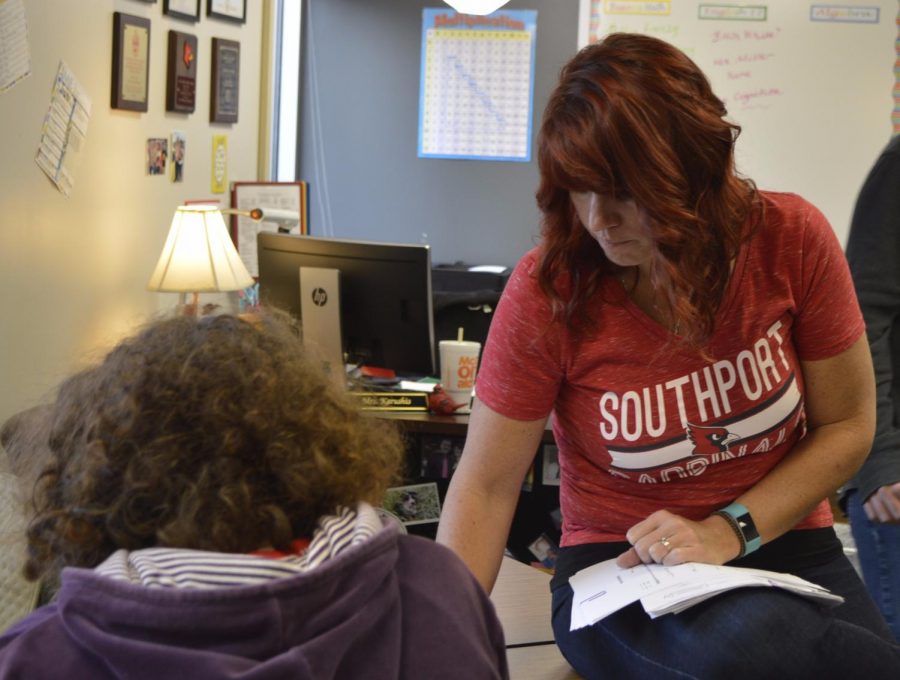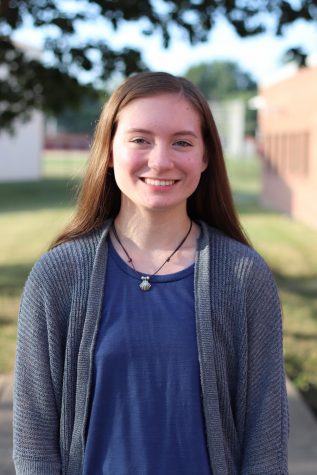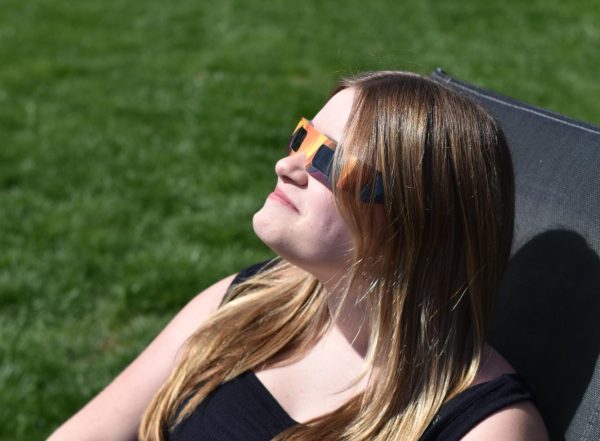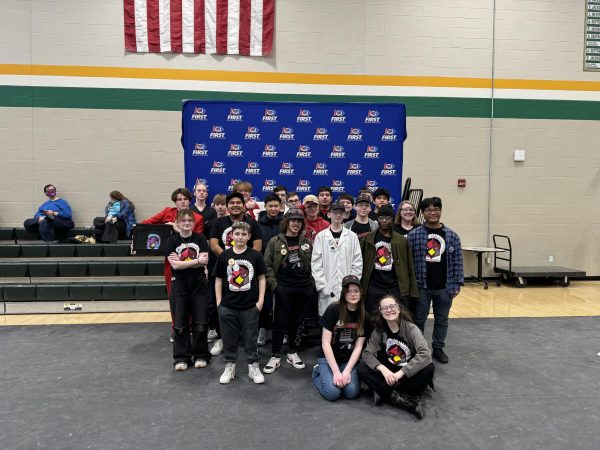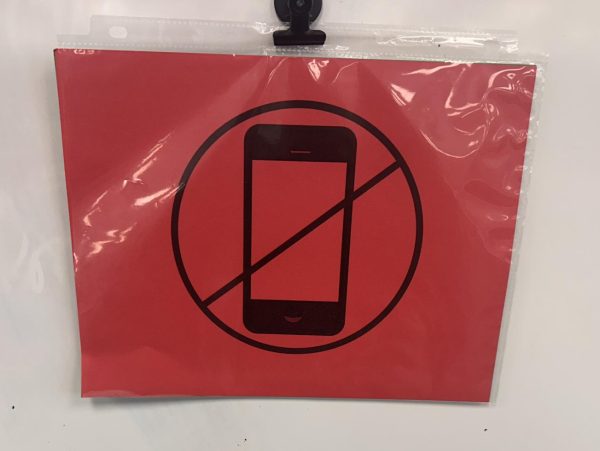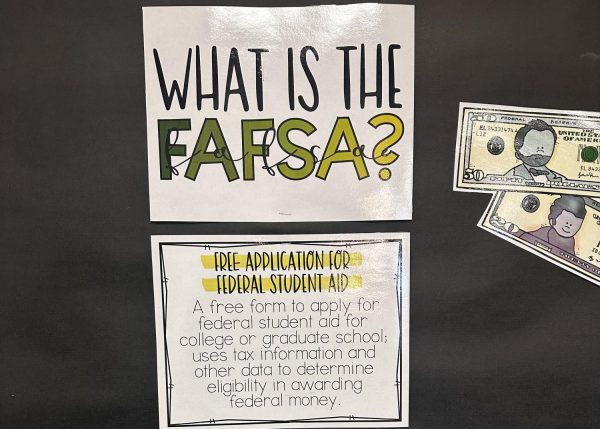Exceptional needs receives $1000 reward
Department continues helping IU researchers
Exceptional needs teacher Jennifer Karushis works with her students in block RW2 on Nov. 3.
November 4, 2017
For the past three years, senior Logan Crouch has listened to questions from an online survey read aloud to him. Along with other students in the exceptional needs department, he participates in the survey twice a year.
The co-chair of the department, Jennifer Karushis, says the survey is part of an ongoing Indiana University research project regarding the effects of transition services offered to exceptional needs students.
The department receives a $1000 award for participating in the project. However, the research can be more beneficial by showing the importance of transition services, which can include job coaches and classes on life skills.
“I think (the research project is) going to help people understand more (about) what’s going to be happening after high school and college and (it will) prepare you for life,” Crouch said. “I think it helps people a lot.”
The survey, according to Crouch, had questions about English, math and post-secondary education. SHS students taking the survey act as a control group in the project because of the lack of transition services available to them. Other students from various participating schools had received transition services in the past.
Current students participating in the project might not see direct effects from the results because the research is ongoing, according to Karushis. However, she says the award they receive is different from other department funds because it doesn’t have to go to a specific account, allowing for flexibility of spending.
“We get to use (the award) to buy things for our kids that don’t fit in those other money slots,” Karushis said. “There are certain accounts that have to be used for certain things: this (account) is only supplies, this one is only equipment, this one only gets textbooks. (The award) allows us some flexibility to buy things for the classroom that don’t fall into one of those other categories, so we can be a little more creative with our spending.”
In addition to the award, Karushis says students could benefit from the project because the leaders of the research project are hoping to push changes in legislation and curriculum to give students more access to transition services. The services could help them with life skills like finding a job.
“Mr. Woodke once said, ‘A student’s last day here should look like (the student’s) first day of real life,’” Karushis said. “(A student’s) life won’t happen here, so we need to be able to have something set up to train (the student) outside of this building, and I think (the researchers) are hoping that this kind of study is going to show just how necessary that is.”


